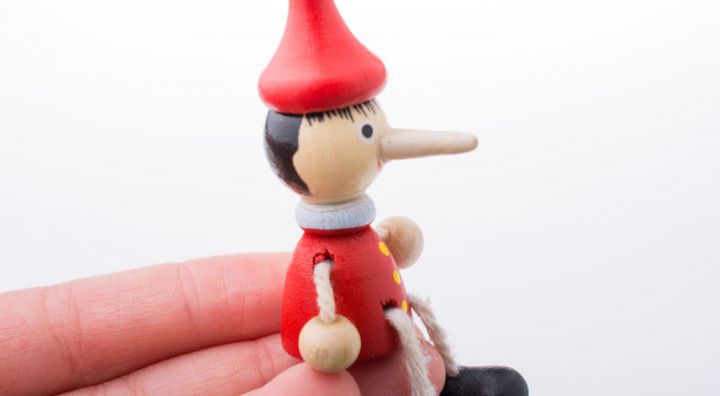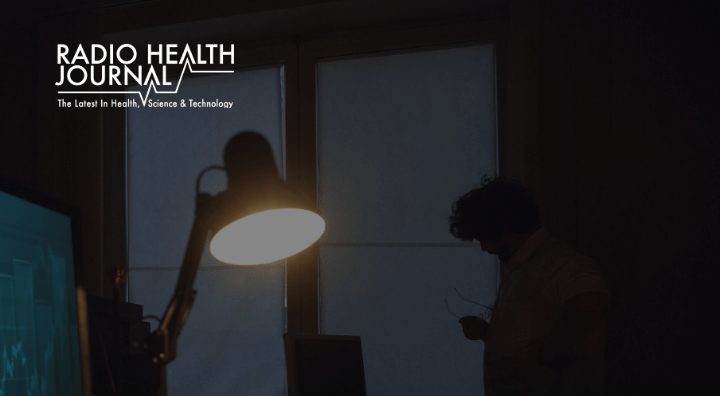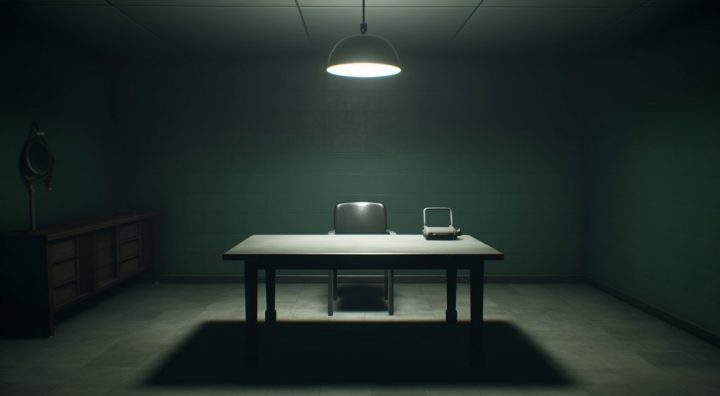The new year is a time for people to stop bad habits and start new, good routines. An expert discusses the psychology of habits and how people can be more successful in changing their lives for the better. Hosted by Nancy Benson.
Guest Information:
- Jeremy Dean, psychologist and author, Making Habits, Breaking Habits
Links for more info:
15-03 Making and Breaking Habits
Nancy Benson: For a lot of us, the New Year represents a clean slate, a chance to start over and get rid of some of those nasty habits. But why is it that most people think of habits only as bad? There are good ones, too, and psychologist Jeremy Dean says we need to understand why habits form if we want to do anything about them.
Jeremy Dean: It’s kind of pejorative, I guess, in some ways to think about all habits as bad. We tend to think of the word “bad” and the word “habits” as coming together and forget that we developed all of these good habits over the years.
Nancy Benson: Dean is the author of the hit website “Psyblog” and the new book, Making Habits, Breaking Habits: Why We Do Things, Why We Don’t, and How To Make Any Change Stick.
Jeremy Dean: Our habits do all kinds of fantastic things for us from the moment we get up, to the moment we go to bed. Some estimates find that 50 percent of our day is taken up with performing habits. Probably the vast majority of those habits are absolutely doing wonderful things for us like, you know, keeping our teeth clean, making sure we put on our seatbelt, cooking our food, and all kinds of things, where, if we had to think about, would be driving us crazy. You know, we’d have a heart attack within the first ten minutes of getting up in the morning if we had to think about every single thing that we did. So they’re doing fantastic things for us, really — those habits.
Nancy Benson: Habits are an automatic behavior, and Dean says that’s why a resolution to break a habit is much harder to keep than a resolution to start a new one.
Jeremy Dean: They’re so long established that we do them automatically and without realizing that we’re performing them. And also people generally are not aware, because that’s the nature of the unconscious, that they’re performing a lot of these habits. So that’s kind of one layer of why they’re so difficult to break, and I think that another reason they’re so difficult to break is that people quite often go about the process of breaking habits in the wrong way. One example of that is, by trying to kind of suppress the habit, by trying to push it down out of your mind. And what the research and psychology shows is that this process of trying to suppress an idea actually makes it come back even stronger. So there’s research on, for example, people trying to diet, and what we find is that when people are trying to push the idea of, you know, snacking and, you know, unhealthy eating out of their mind–what we find sometimes is that the thought comes back stronger and they end up binging.
Nancy Benson: That’s why people who are told not to think about something end up with little else on their minds. But few of us think we’re susceptible to that kind of suggestion. Studies show that slightly more than half of people who make a resolution are very confident they’ll succeed. By the time the year is over, 88 percent of us have failed. It’s one reason Dean doesn’t like resolutions at all.
Jeremy Dean: Yeah, it’s just because they have this idea built into them that we’re going to completely transform ourselves when we make our New Year’s resolutions. And what the psychology of change in general suggests is that it’s very difficult to make, kind of, widespread changes to yourself. And that’s partly because of the psychology of habits, so what I say is perhaps let’s break this down a little bit, and see if we can change one thing at a time, one small thing at a time.
Nancy Benson: Dean says most people are far too vague about the behavior they want to change. So they end up trying to do too much.
Jeremy Dean: One of the New Year’s resolutions that people quite often try to make is changing diet. So, you know, it’s weight loss normally. People would say, “right, okay I’m going to eat healthy in the New Year.” And that’s fine, but because it’s so general it’s kind of difficult to stick to, and it’s quite likely that your old habits are going to take over after, you know, a week or two. So something better is to go for a very specific kind of plan where you chip off a small section and you say to yourself for example, “if I get hungry between meals then I’ll eat an apple.” It sounds like a relatively small thing, but if you can make that one habit stick that you can layer them one on top of the other later.
Nancy Benson: Dean says not to think about stopping a bad habit, or about some vague positive goal. Instead, think about establishing a small, specific new habit. That’s much more likely to stick in the subconscious.
Jeremy Dean: Psychologists call the specific type of plans that you make, that you can make, implementation plans. So, this is when what you do is, instead of making your vague plan, like for example, “I’m going to eat more healthily in the new year.” Then you say this kind of “if, then…” link. So, you’re trying to link up a specific situation, like when you’re feeling a bit hungry between meals, with an action like eating an apple for example. So you make this plan for your habit, your new habit, the one that you want to start doing, and the thing is this link between the actual situation and this specific action that you want to take. That’s the starting point I think for making a new habit.
Nancy Benson: However, if you really want a new habit to last, you have to believe it’s worth the trouble. If you don’t really care that much about losing a few pounds, you won’t have the motivation to stick with it. Dean says one technique to keep from wasting the effort is what’s called “mental contrasting.”
Jeremy Dean: It’s quite easy to do. Really what you do is you try to think firstly about the positive aspects of the new habit or your new goal, the thing that you want to do, which most people find relatively easy. It’s relatively easy to think to yourself, “Okay, now I want to lose weight, so I’m going to look better.” So that’s quite easy, but then you have to try and think about the negative aspects of what you want to do, and that turns out to be a bit harder, but it also turns out to be a really vital part of the process. Because then what you do is you try to contrast the negative aspects with the positive, and what that does is it makes people think about what they can actually do. And if they can commit themselves to it, what the research has found is that this kind of process will help you commit to making a change.
Nancy Benson: Most people figure that establishing a new habit will take only a few weeks. Even scientists used to predict a timetable of twenty-one to twenty-eight days. But Dean says that’s true for only the simplest changes. Doing anything substantial may take months.
Jeremy Dean: There was some research done a couple of years ago at University College, London, and they got people to choose some new habits they were going to form. And what they found was there was a huge disparity in how long it took people to form a habit. So there was one person that managed to start their habit of drinking a glass of water after breakfast around about two or three weeks. Whereas another person was doing some vigorous exercise and it hadn’t become a habit after many months. All of this is kind of showing that people are different, and it’ll depend how long on who you are, how long it’s going to take for the habit to actually bed in. And of course, it’s going to depend on the sort of psychological techniques that you use as well.
Nancy Benson: Dean provides some practical tools in his book, Making Habits, Breaking Habits, available at bookstores and online. You can find out more about Jeremy Dean and all our guests through our website, radiohealthjournal.net. Our production director is Sean Waldron.
Sign up to receive email updates
Enter your name and email address below and I’ll send you periodic updates about the podcast.











Leave a Reply